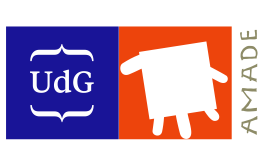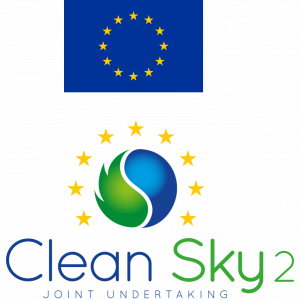DESCRIPTION
The demand for composite materials in aerospace is increasing, mainly due to their high strength-to-weight ratio which leads to lighter structures and fuel saving. However, the increased usage of thermoset-based composites in the aerospace market raises a major concern about their service life and environmental impact and high cost processes. In order to compete with the latest metallic alloys, an alternative production process for structural parts of aircrafts could be demonstrated using the advantages of thermoplastics. In this respect, thermoplastic resins are considered to be a potential candidate to replace thermoset composites.
MAYA projects main objective is to develop innovative manufacturing routes by integrating standard thermoplastic processes (injection moulding and thermoforming) combined with additive manufacturing to produce cabin lining panels for an aircraft. The main goals that are pursued are to reduce the production time, weight and cost but enhancing the part performance. The high productivity rate of thermoplastic injection moulding along with the design freedom of 3D printing will lead to an overall enhancement of the lining panels performance and manufacturing.
The topic manager of the project is the globally active company Diehl Aviation with the headquarters located in Nuremberg, Germany. The consortium is formed by experienced reliable partners in the composite market. LEITAT, acting as the project coordinator, is in charge of the material selection and additive manufacturing. IPC (Innovation Plastic Composites), who is responsible for the injection moulding process of the lining panel. ALPEX company with expertise in tooling systems for the aviation and automotive industry who will be in charge of the design and manufacturing of the moulds, and finally AMADE research group, who is responsible for the characterization test campaign of the three levels of testing according to the building block approach: coupons, subcomponents and a large-scale demonstrator.





